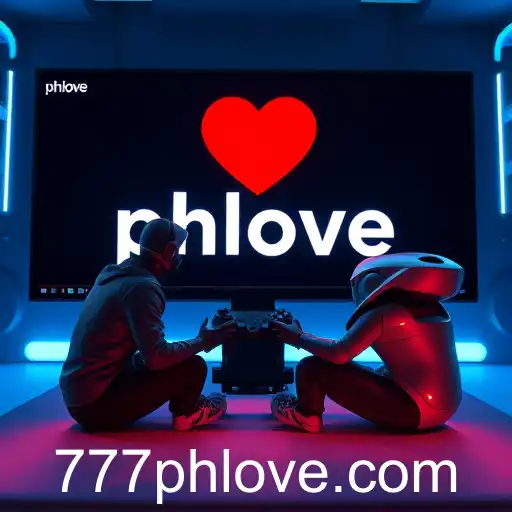
In the ever-evolving world of digital entertainment, 2025 marks a significant milestone with the rise of 'phlove', an innovative keyword that is redefining gaming experiences on popular English game websites. As technology advances, the gaming industry is witnessing a digital renaissance, characterized by advanced graphics, immersive virtual realities, and interactive user experiences that resonate deeply with players globally.
One of the driving forces behind this evolution is the integration of 'phlove', a concept that emphasizes engagement and connectivity among players. As games become more complex and enthralling, 'phlove' serves as a digital touchstone, aligning with gamers' desires for more meaningful and shared experiences. This aspect is particularly significant in an era where remote interactions and virtual connectivity have become pervasive.
Recent reports indicate that the gaming industry is poised for further growth, with revenues predicted to surpass $200 billion by 2025. This trajectory is propelled by rapidly advancing technologies such as AI and VR, both of which enhance game realism and player involvement. The rise of 'phlove' encapsulates a broader trend towards interactivity, pushing developers to innovate and expand the boundaries of what digital gaming can achieve.
Moreover, 'phlove' is not just a trend but symbolizes a deeper shift in player dynamics. Gamers today are not mere consumers; they are creators and collaborators. Through community engagement and co-creation, they contribute actively to the evolution of game narratives and mechanics. This participatory culture, driven by 'phlove', has created vibrant online communities where shared experiences and teamwork are central.
In conclusion, 'phlove' is a digital harbinger of change in the gaming sphere. As we forge ahead into the second half of the decade, it is clear that gaming is not just a pastime but an integral part of modern culture, influencing entertainment, socialization, and even education. As developers continue to harness these dynamics, the future of gaming looks more connected, creative, and inclusive than ever before.


